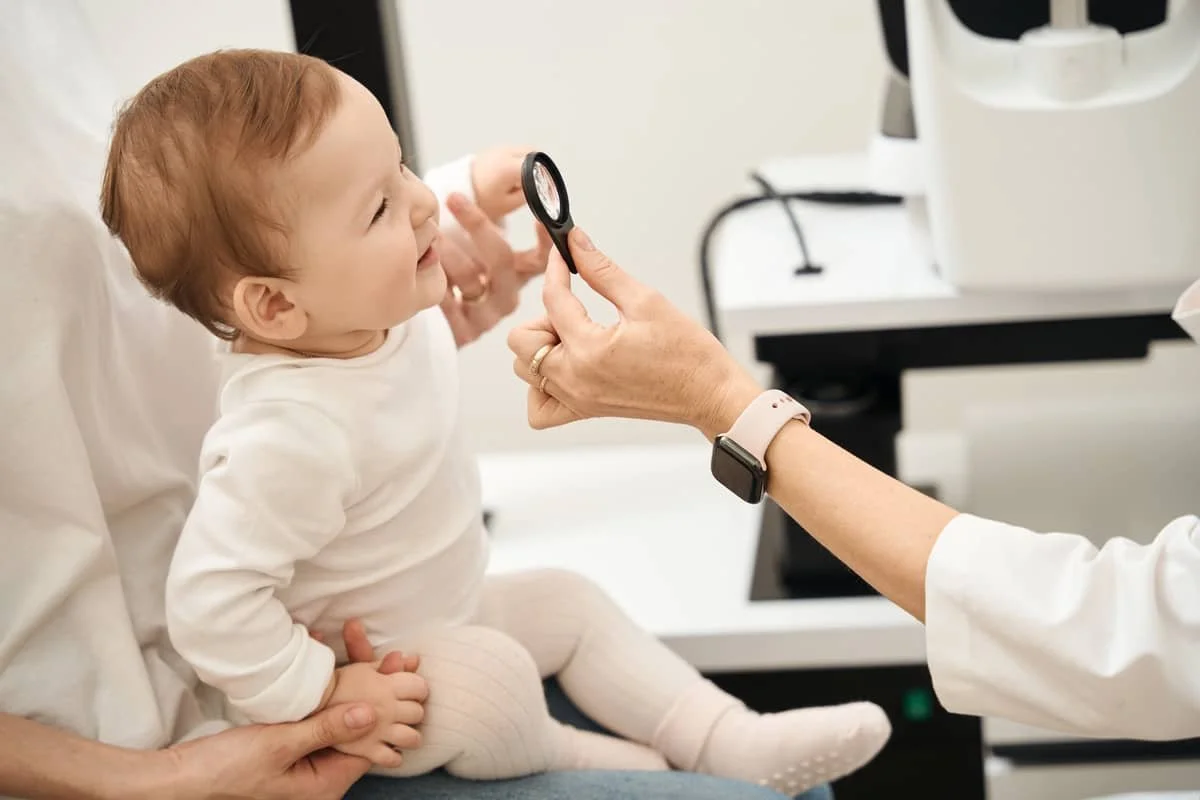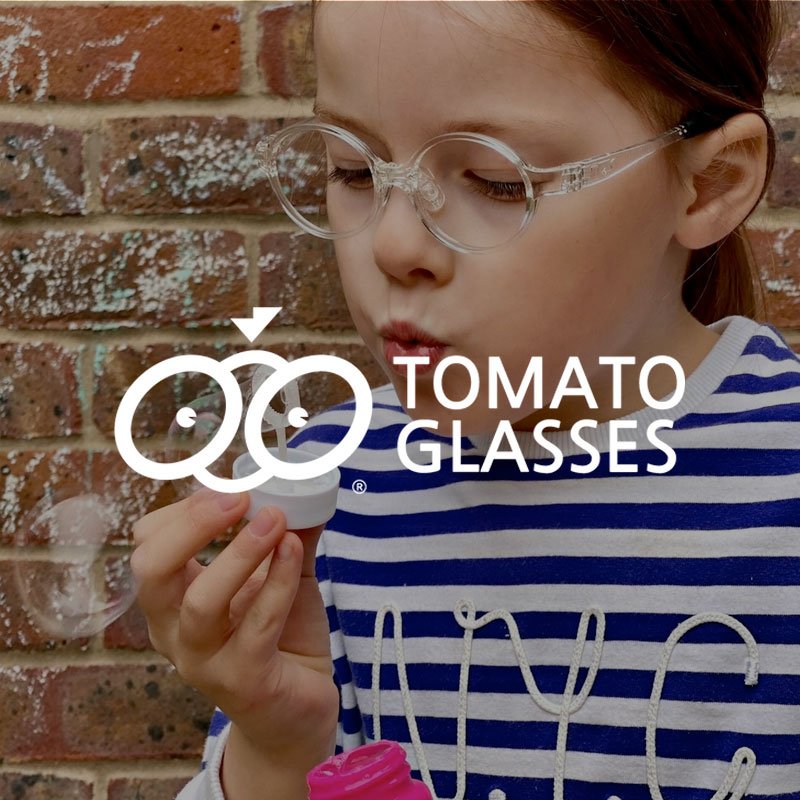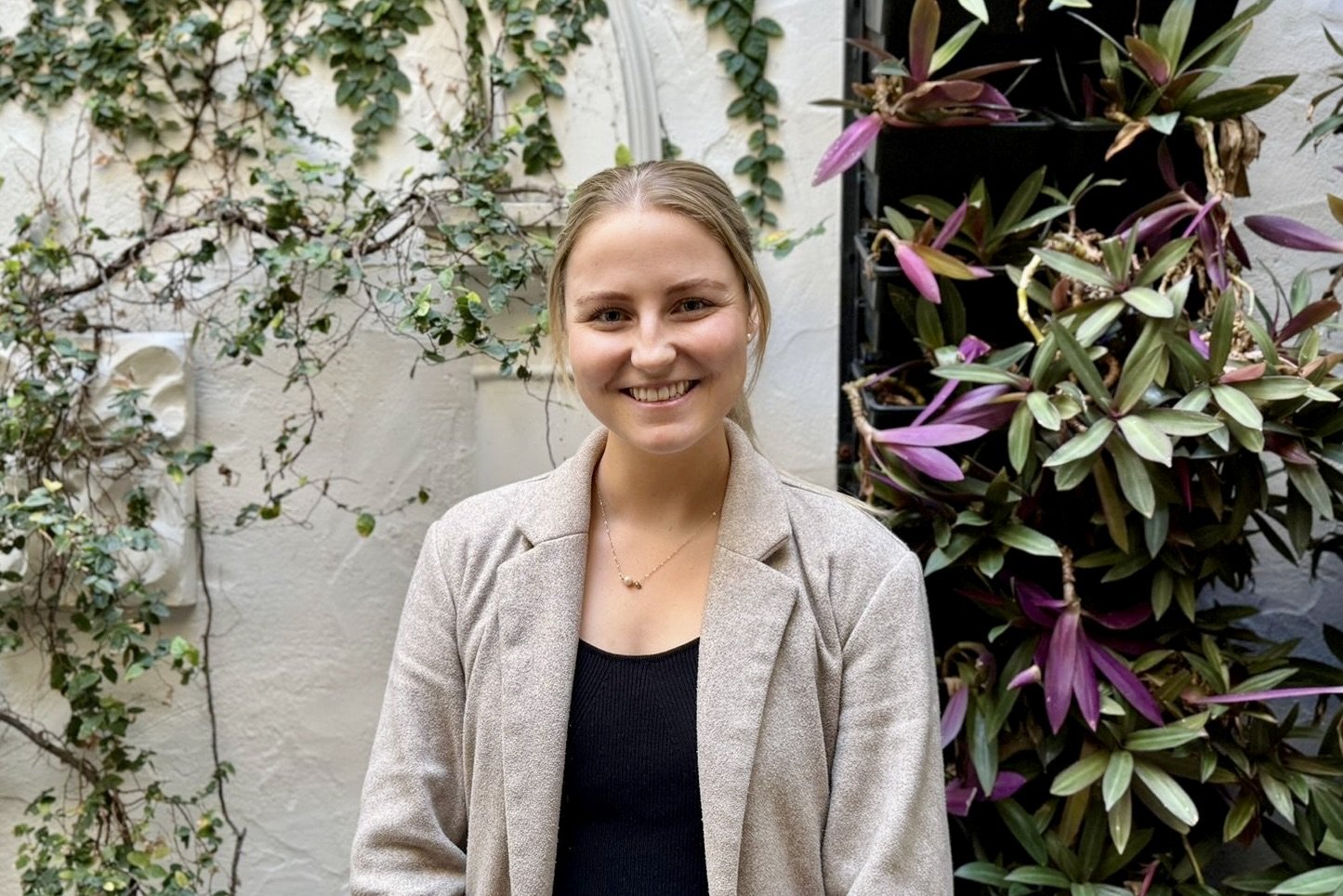
Optometrist for Babies Perth & Fremantle
Give your baby the best start in vision.
Providing Expert Vision Care and Treatment for Babies
At For Eyes Optometrists, we specialise in early eye care for babies in Perth and Fremantle. Our focus is on detecting and managing vision issues from infancy, supporting healthy visual development from the very beginning.
We offer comprehensive eye testing for babies, early treatment for conditions, and a carefully selected range of prescription glasses and frames designed specifically for infants. Using advanced technology and equipment, we provide gentle, expert care tailored to your baby’s unique needs—helping lay the foundation for clear, healthy vision as they grow.
Our goal is to assist every child to achieve the clearest vision possible and optimal visual performance. For Eyes Optometrist works closely with families, schools, doctors, and other professionals to provide the highest level of care to benefit your child. We perform extensive eye examinations with the latest technologically advanced equipment.
Detecting children’s vision problems
The following signs indicate that your baby needs to have their eyes examined:
Squinting
Tilting their head or covering one eye
Frequent eye rubbing
Irritability after looking at things
Struggling to focus or pay attention
Unusual eye movements or poor tracking
At For Eyes Optometrist, we offer in-depth eye examinations for your child which can detect a large range of conditions and assess how much it is affecting your child's vision and development.
What visions conditions do your optometrists treat for babies?
Common vision conditions we treat include the following:
-
Long-sightedness (hyperopia), short-sightedness (myopia) and astigmatism. These conditions make light focus in the wrong place on the retina, leaving your baby with blurred vision.
-
A condition where vision in one eye does not develop properly because the brain favors the other eye. It affects up to 2%-4% of infants and requires early treatment such as patching the stronger eye, atropine drops, or glasses to improve vision in the weaker eye.
-
Eyes that point in different directions can cause double or blurred vision and may lead to amblyopia. Depending on the cause, care might include glasses, brief patching, medicated drops or eye-muscle surgery. Our team monitors eye alignment closely to guide the right option at the right time.
-
Cloudy areas in the lens present from birth block the path of light. Because clear images are vital for visual development, early surgical removal is usually recommended.
-
A squint is a condition where a child’s eyes point in different directions, which can cause blurred or double vision and may lead to a lazy eye. For Eyes Optometrist is one of the few children's optometry practices in Perth with a trained orthoptist and therapy facilities in-house.
Eye tests for babies
Our baby eye tests focus on early visual development, assessing not just how well the eyes see, but how the brain responds to visual input.
This approach helps us understand how your baby processes visual information—crucial for identifying early signs of vision or developmental issues that could affect milestones like tracking, focusing, or eye coordination.
Clear eyesight is just one part of healthy vision—how your baby interprets what they see plays an equally important role.
-
The eye test will include consideration of the following:
1. Measurement of near focus and eye coordination. This can impact visual comfort and performance when reading, writing and using computers.
2. Measurement of distance focus and ability to change focus from distance to near work.
3. Assessment and treatment of lazy eye (amblyopia) and turned eye(strabismus). Assessment of tracking eye movement skills for reading fluency.
4. Assessment of vision development to ensure that normal milestones have been achieved.
5. Assessment and management of visual issues associated with health or any other barriers to normal vision development.
-
A child can be examined at any age, particularly if (as a parent) you are concerned. A good age to begin regular eye examinations for a child is around 4 years of age. That is, when they can sit still, pay attention and follow simple instructions. This is an important stage in a child’s development and when our optometrists can accurately assess if any vision problems exist and the best course of action,
Conditions such as the lazy eye (amblyopia), turned eye (strabismus), eye teaming, squint eye, and colour vision deficiencies are best detected at an early age to maximise their learning potential through school. At For Eyes, we will closely examine your child’s vision and determine whether their vision is normal or if some form of intervention is required.
-
We recommend that all children receive a routine eye examination prior to commencing school to ensure that there are no vision problems that would impede their ability to learn. Thereafter, we recommend an eye examination every 18 months - 3 years unless advised otherwise by an optometrist.
There is evidence that:
1. Many children with reading difficulties also have a vision problem
2. One in five children have a vision problem that impacts on efficient learning
3. These vision problems often relate to focusing and eye teaming
Comprehensive vision care plans for babies
Supporting your baby’s visual development starts with a clear, personalised care plan. At For Eyes, we offer structured vision care tailored to your child’s age, needs, and risk factors.
-
if there’s a family history of eye conditions or if any concerns have been noticed, we recommend an initial eye check around 6 to 12 months of age. Early detection is key to supporting healthy development.
-
Your baby’s vision can change quickly in the first few years. Our care plan includes regular reviews to monitor eye health, alignment, focus, and visual milestones. We adapt the schedule based on your child’s unique needs.
-
If glasses are needed, we’ll guide you through frame selection, lens types, and fitting for maximum comfort and effectiveness. We also offer support for high prescriptions, including sourcing custom lenticular lenses.
-
We keep you informed at every step, explaining what to look for as your baby grows and how to support their visual development at home—through play, positioning, and early learning activities.
-
If needed, we work alongside paediatricians, ophthalmologists, and other specialists to ensure your baby receives comprehensive, coordinated care.
-
Biometry
Measuring effectiveness of axial length (are we slowing the rate of axial length growth?) → measuring the effectiveness of any myopia protocol
We have the equipment to measure the axial length measurement (immediately available in our clinic, we do not need to refer you to other clinics, hospital or ophtalmologist)
A strong visual start can make a big difference in your child’s development. Our goal is to provide expert support through every stage.
We Stock and Fit a Wide Range of Prescription Glasses for Babies
At For Eyes, we offer a specialised selection of Tomato Glasses designed specifically for babies and young children. Made from safe, FDA-approved materials, these frames are ultra-lightweight, flexible, and built to stay secure—even on the smallest faces.
With adjustable nose pads, temple lengths, and optional head straps, each pair can be tailored for a snug, comfortable fit that supports healthy visual development right from the start.
Why choose us?
Focused on the health of your child’s eyes
Certified by the International Academy of Orthokeratology & Myopia Control.
Highly experienced team of optometrists, orthoptists, vision therapists and optical dispensers.
Extensive experience with children and babies from a very young age.
Independent access to safer, lighter lenses for children’s unique needs.
Strong connections with leading laboratories for customised children’s lenses.
We take the time to understand and meet your child’s specific needs.
Meet the Optometrists
Baby’s Vision FAQs
-
It’s recommended to have your baby’s eyes checked by an optometrist if you notice any signs of vision problems, such as squinting, poor tracking, or frequent eye rubbing.
Even if no issues are apparent, a general eye check is a good idea around six to twelve months of age to ensure healthy visual development.
-
Yes. Some vision problems may not show obvious signs in the early stages. A routine check helps detect any issues early—before they affect your child’s development or learning. Early detection leads to better treatment outcomes.
-
An IACMM-certified optometrist is an experienced eye care professional trained in managing myopia (short-sightedness), with certification from the International Academy of Orthokeratology and Myopia Control (IAOMC). They’ve completed advanced training, passed rigorous exams, and stay informed on the latest research for effective myopia management.
Benefits for Patients:
Enhanced Expertise: IACMM-certified optometrists have in-depth knowledge of myopia progression and use specialised diagnostic tools.
Personalised Treatment: They provide treatment plans designed to help slow myopia progression in children.
Verified Competency: This certification assures parents of the optometrist’s knowledge, with IAOMC verification and regular certification renewal.
Selecting an IACMM-certified optometrist offers reassurance of quality, research-backed myopia management for you or your child
-
Congenital cataracts are a condition where the lens of one or both eyes is cloudy instead of clear. This cloudiness can be present at birth or develop during the first year of life.
It blocks light from properly reaching the retina, which can interfere with normal visual development if not treated early.
-
Clear vision is essential for early development. Cataracts can disrupt visual signals between the eye and brain, which may affect the development of normal sight and eye coordination if not treated.
-
For prescriptions like +20 or more, lenticular lenses are used. These lenses concentrate the prescription in the centre, reducing edge thickness and improving comfort and appearance. They’re custom-made and sourced from specialised labs, often internationally.
-
Yes. We have experience sourcing high-prescription lenses, including lenticular lenses, and can provide a cost estimate. We understand the urgency in these cases and aim to balance quality, cost, and delivery time for the best outcome.






